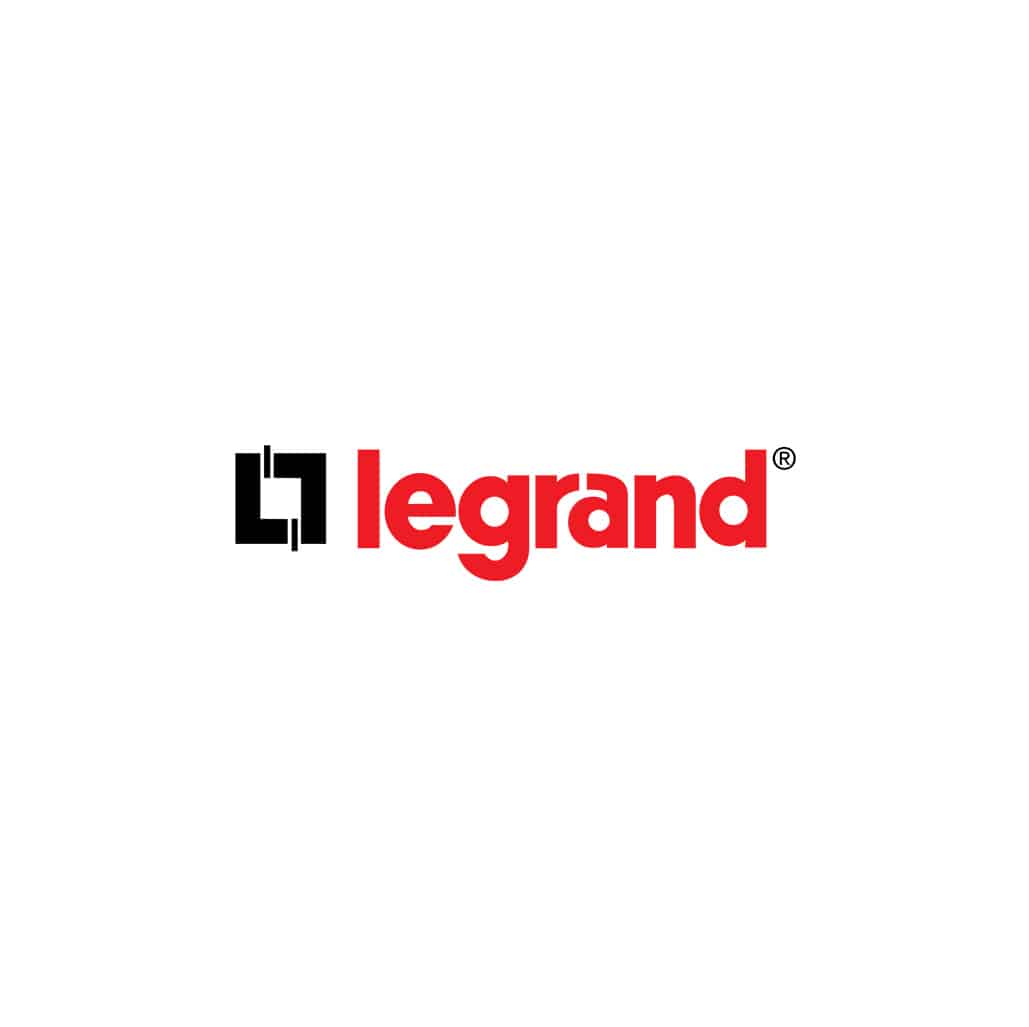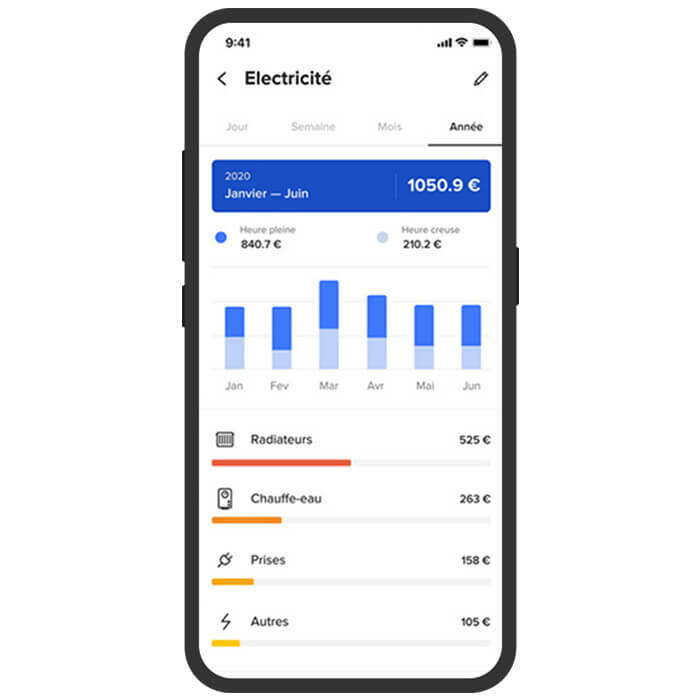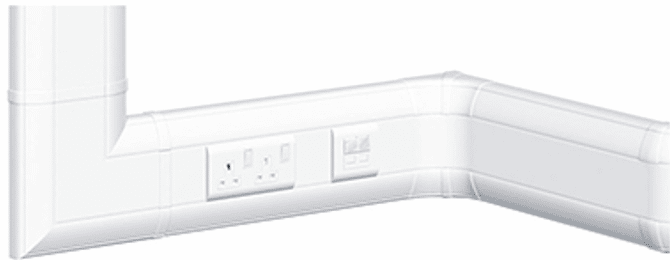Integrating circular economy principles into the developments of new products

Terms of the action or commitment
– Integrate into new product development the circular economy principles of the LEGRAND eco-conscious design methodology
– Implement eco-design methodology for all the life cycle of the product
– Inform users and consumers of the environmental impact of the products through PEP ecopassport® Environmental Product Declarations
– Limit industrial waste manufacturing and support recycling initiatives
– Implement eco-design methodology for all the life cycle of the product
– Inform users and consumers of the environmental impact of the products through PEP ecopassport® Environmental Product Declarations
– Limit industrial waste manufacturing and support recycling initiatives
Levers mobilized for circular economy (according to Ademe)
Implementation timeline
Starting year
2019
Ending year
2021
Main actors mobilized
Internal actors
LEGRAND R&D centers
External actors
Suppliers
Geographic area
Global
Photo / Video
2022 follow-up of the action
Date of follow-up
31/12/2021
Methods of validation of the follow-up
external validation within the Unique Registration Document (URD)
Status of the action
In progress
Completed
a) Results
Achieved
Partially achieved
Not achieved
Cancelled
Comparison with the projected pace in the last publications
Keeping up with the times
In advance
Delayed
Partial / Final results
The target of this action has been overachieved by 4 % at the end of 2021.
Company's comments
A score is assigned to each of the identified eco-design best practices. Each R&D site has an annual minimum score target, according to a trajectory defined by LEGRAND. Faster than expected implementation has therefore resulted into an overachievement at 104% of the target.





